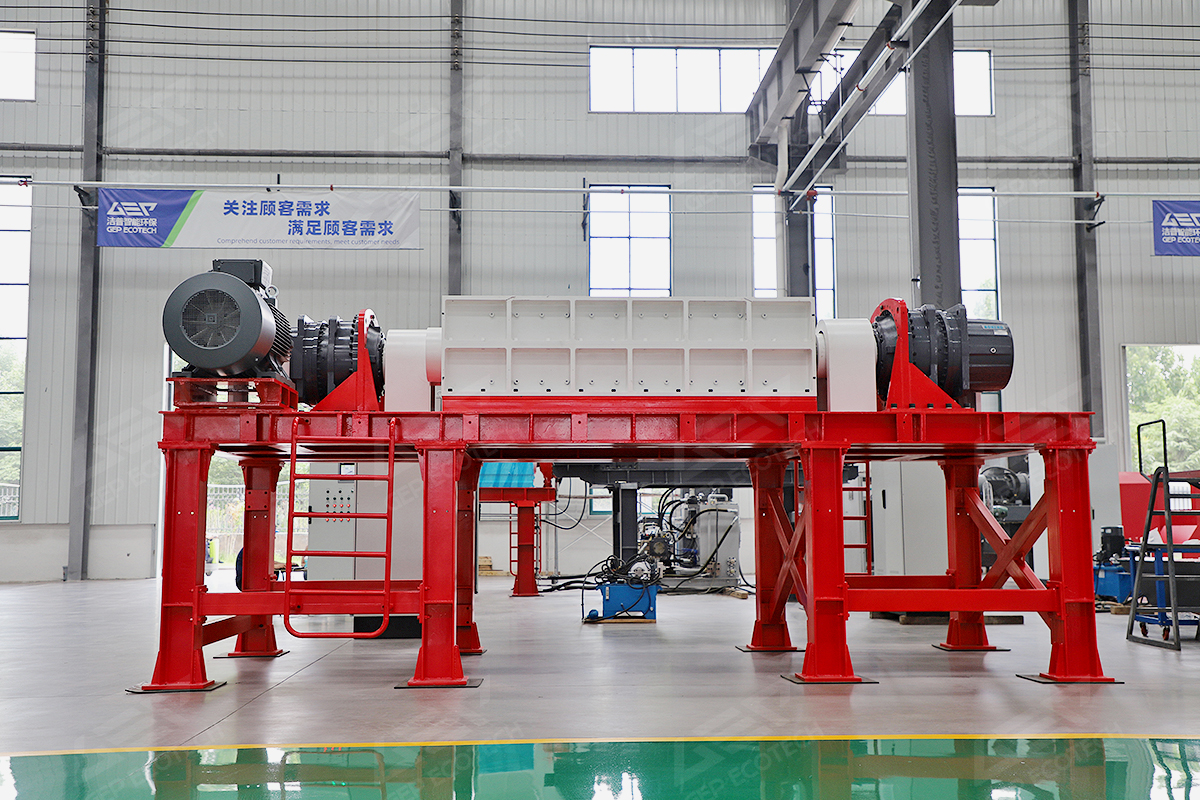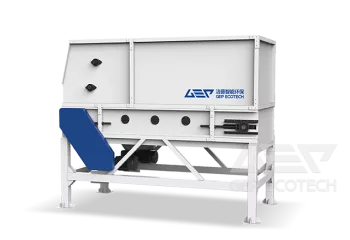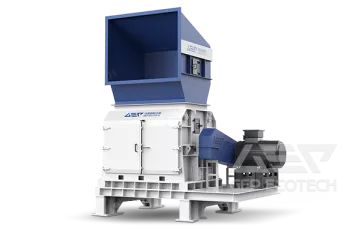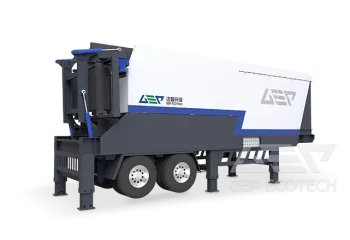With the development of industry, the amount of hazardous waste emitted from industrial processes is increasing. It is estimated that 330 million tons of hazardous waste are generated worldwide each year. Due to the serious pollution and potentially serious impacts caused by hazardous waste, hazardous waste has become known as "political waste" in industrially developed countries, the public is very sensitive to the issue of hazardous waste and opposes the establishment of hazardous waste disposal sites in the areas where they live.

It is difficult to quantify how much of this transboundary movement of hazardous waste is taking place, but it is clearly growing. According to a Greenpeace survey, developed countries are transferring hazardous waste to developing countries at a rate of 50 million tons per year, and from 1986 to 1992, developed countries have transferred a total of 163 million tons of hazardous waste to developing and Eastern European countries. The transboundary movement of hazardous wastes poses an inescapable hazard to developing countries and the global environment. Firstly, as the importing countries basically lack the technical means and economic capacity to treat and dispose of hazardous waste, the import of hazardous waste will inevitably lead to damage to the local ecological environment and the health of the population. Secondly, the proliferation of hazardous waste to underdeveloped regions is actually an evasion of the disposal responsibilities stipulated by the country, so that hazardous waste is not properly treated and disposed of and spreads into the environment, which will inevitably cause harm to the global environment as a result of long-term accumulation. The transboundary movement of hazardous wastes is also harmful because these wastes enter under the guise of trade, and the importers are there to reap economic benefits, without any regard to the possible impact on the environment and human health, so none of them are properly treated and disposed of.





